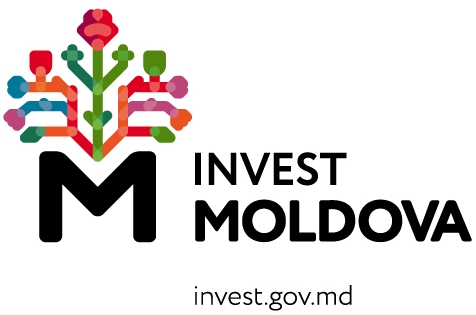Lege 77/2016
Lege la parcurile IT
LEGE Nr. 77 cu privire la parcurile pentru tehnologia informaţiei
Commentary to:
Art.
16 Lege 77/2016/
Art.
16Asigurarea socială și medicală a salariaților angajați de rezidenții parcului
( In force since 2020-08-07 )(1) Salariații rezidenților parcului beneficiază de toate tipurile de prestații de asigurări sociale de stat din bugetul asigurărilor sociale de stat, conform legislaţiei în vigoare.Venitul lunar asigurat al acestor salariaţi va constitui 68% din cuantumul salariului mediu lunar pe economie, prognozat pentru anul respectiv.
(2) Salariaţii rezidenţilor parcului obţin statutul de persoană asigurată în sistemul de asigurări obligatorii de asistenţă medicală în baza informației actualizate și prezentate în darea de seamă privind impozitul pe venit, primele de asigurare obligatorie de asistență medicală reținute și contribuțiile de asigurări sociale de stat obligatorii calculate, conform legislaţiei în vigoare.
(3) Rezidentul parcului este obligat să-i informeze în scris pe salariații săi despre particularitățile asigurării sociale și medicale stabilite prin prezentul articol, precum şi despre particularităţile impozitului pe venit din salariu, pînă la data obținerii titlului de rezident al parcului, iar în cazul salariaților noi – pînă la angajare.

MDW - Moldova´s Germanspeaking Business Association
Chisinau Moldova
franz-anton.plitt@mdw-moldova.org - www.mdw-moldova.org
Basics
You really pay the 7% of the turnover or per employee the minimum amount of 30% of the average gross wages of all workers in the Republic of Moldova. This is currently about 130 €/ month.
The higher amount has to be paid.
You really don't pay further taxes, social security contributions, etc. Mainly this means that wage increases, overtime payments, other goodies like stock options, etc. are completely free of further taxes!
This is not mainly to make it even cheaper to employ low qualified, low paid staff. At the end of the day it helps more to pay higher net wages than lower.
And this is the purpose: To make it cheaper to pay higher net wages to higher qualified people in Moldova than somewhere else. This way these qualified people will be more likely to stay in Moldova instead of going abroad.
Besides that it makes life for the leading heads much easier. They can concentrate on their real work, what is mostly: Developing better solutions in the international competition.
It is probaly also more efficient that the state collects one sum and forwards then centralised the money to the different institutions than if every enterprise has to do that. E.g. that reduces the total amount of transfers enormously. To show that: If 1,000 companies would only have to make 4 transfers (e.g. social insurance, profit tax, car tax, ground tax) that are 4,000 transactions. If they do only 1 each to the state as the tax collector and then the state forwards every money out of the total amount except the taxes what he keeps for himself, then only 1003 transactions have to be made.
I think, this is a first big step into the future of taxation in a globalized world. At least an interesting proposal.



